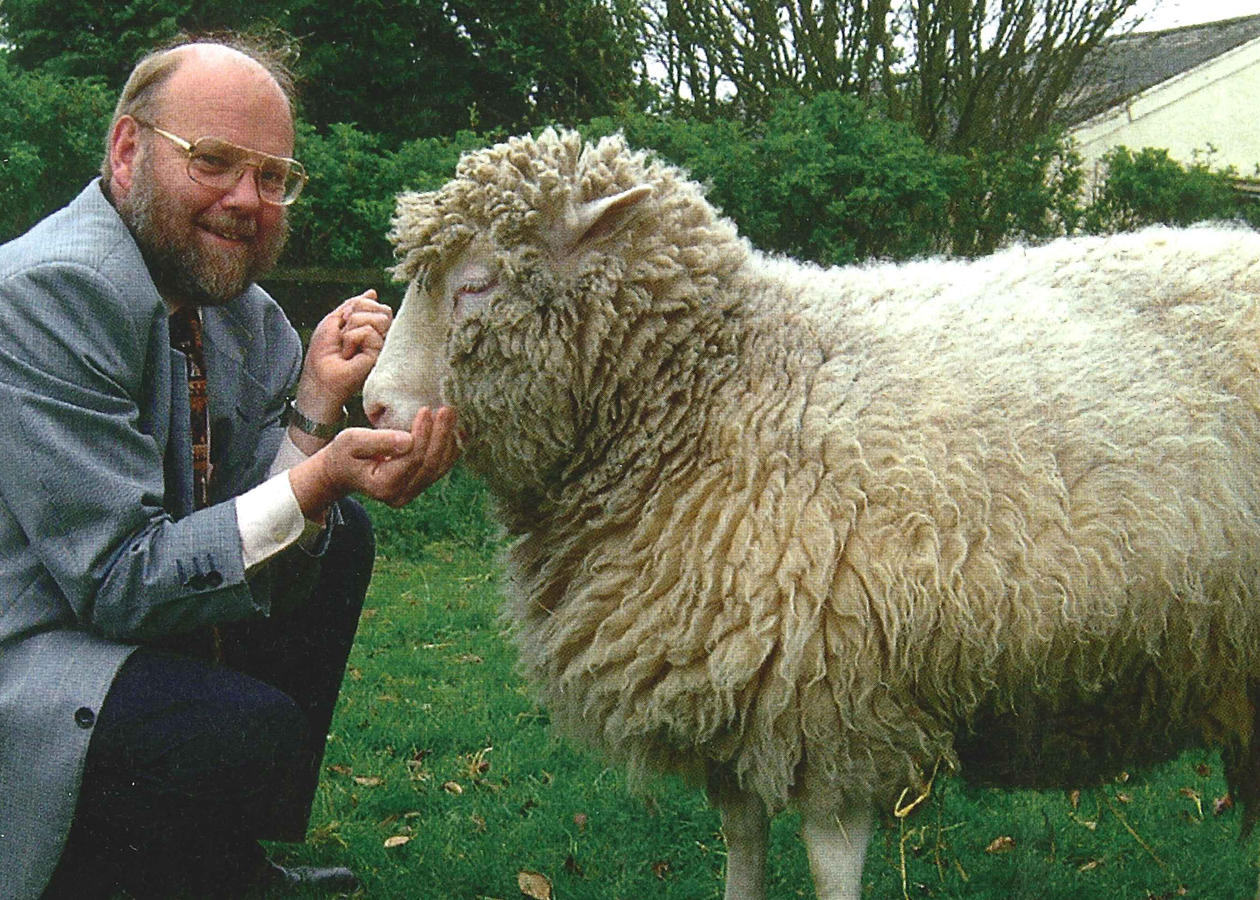BBB Seminar: Ian Wilmut
From Dolly to treatment of human disease
Main content
Ian Wilmut
MRC Centre for Regenerative Medicine, University of Edinburgh, UK
Extraordinary opportunities to study the molecular mechanisms that cause inherited diseases are being provided by new methods of producing stem cells. These techniques make it possible to produce from a patient cells that are equivalent to those early in their life. If the patient has an inherited disease then their cells may be compared with equivalent cells from a healthy donor in a search for differences associated with the disease. It may then be possible to use this new understanding to devise tests to identify the first drugs that are able to prevent the development of those symptoms. In principle many inherited diseases may be studied in this way including Motor Neuron Disease (MND). Motor Neurons and astrocytes from a patient with an inherited form of MND had a higher risk of death during 10 days culture when compared to controls and also had abnormal aggregates of protein associated with the disease. These cells are now being used in drug screens in search of molecules that are able to restore cell survival in culture.
Plans are now being made for the establishment of a library of induced pluripotent stem (iPS) cells from donors homozygous at the human leukocyte antigen (HLA) loci. These would provide a useful immunological match to a majority of the population if used for cell therapy.
The lecture will illustrate not only the potential value of these new methods, but also the manner in which their development was prompted by research to clone a sheep.
Host: Ian F. Pryme, Department of Biomedicine
